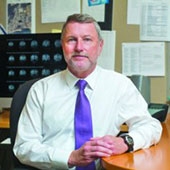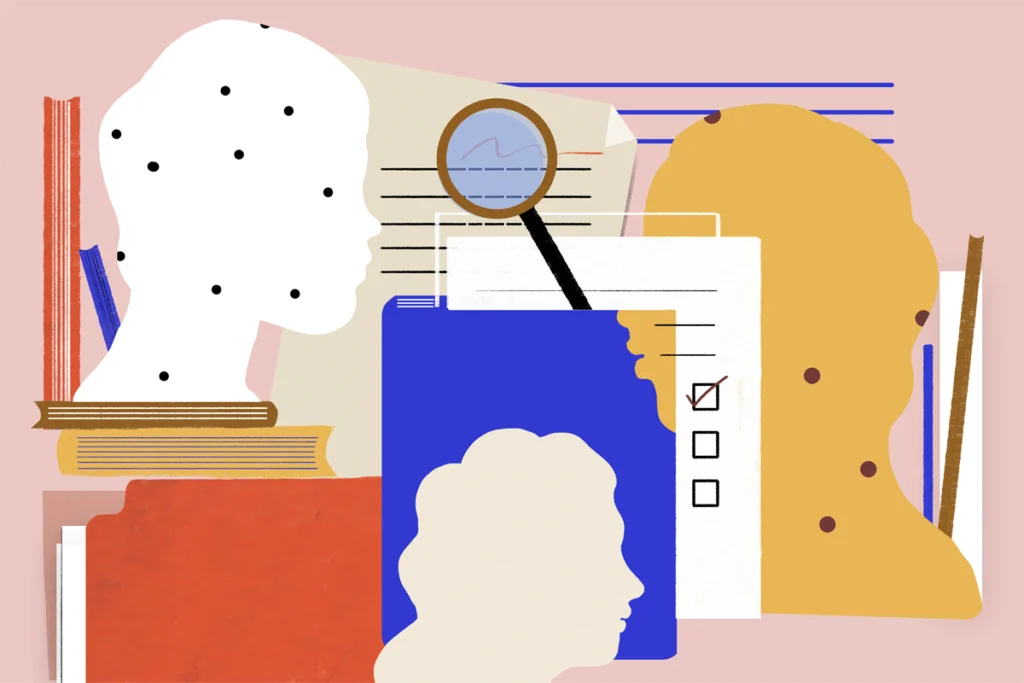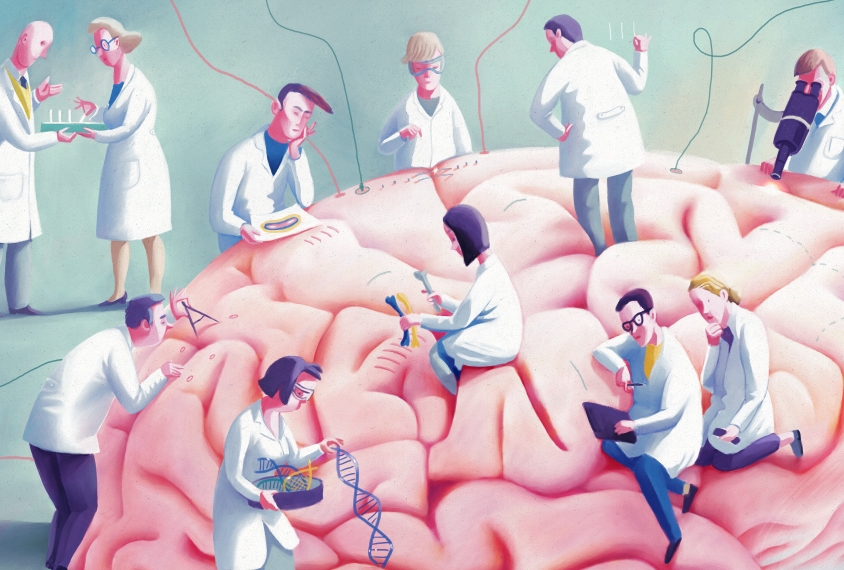David Amaral is distinguished professor of psychiatry and behavioral sciences at the University of California, Davis MIND Institute.

David Amaral
Director
Autism BrainNet
From this contributor
‘Prototypical autism’ research is likely a dead end
Efforts to define “frank” or “classic” forms of the condition build on several assumptions that the science has not yet borne out.

‘Prototypical autism’ research is likely a dead end
Questions for Amaral, Halladay: Boosting brainpower
A new network of brain banks aims to collect and disburse tissue donations to U.S. autism researchers.

Questions for Amaral, Halladay: Boosting brainpower
Explore more from The Transmitter
New connectomes fly beyond the brain
Researchers are mapping the neurons in Drosophila’s ventral nerve cord, where the central nervous system meets the rest of the body.

New connectomes fly beyond the brain
Researchers are mapping the neurons in Drosophila’s ventral nerve cord, where the central nervous system meets the rest of the body.
Building an autism research registry: Q&A with Tony Charman
A purpose-built database of participants who have shared genomic and behavioral data could give clinical trials a boost, Charman says.

Building an autism research registry: Q&A with Tony Charman
A purpose-built database of participants who have shared genomic and behavioral data could give clinical trials a boost, Charman says.
Cerebellar circuit may convert expected pain relief into real thing
The newly identified circuit taps into the brain’s opioid system to provide a top-down form of pain relief.

Cerebellar circuit may convert expected pain relief into real thing
The newly identified circuit taps into the brain’s opioid system to provide a top-down form of pain relief.